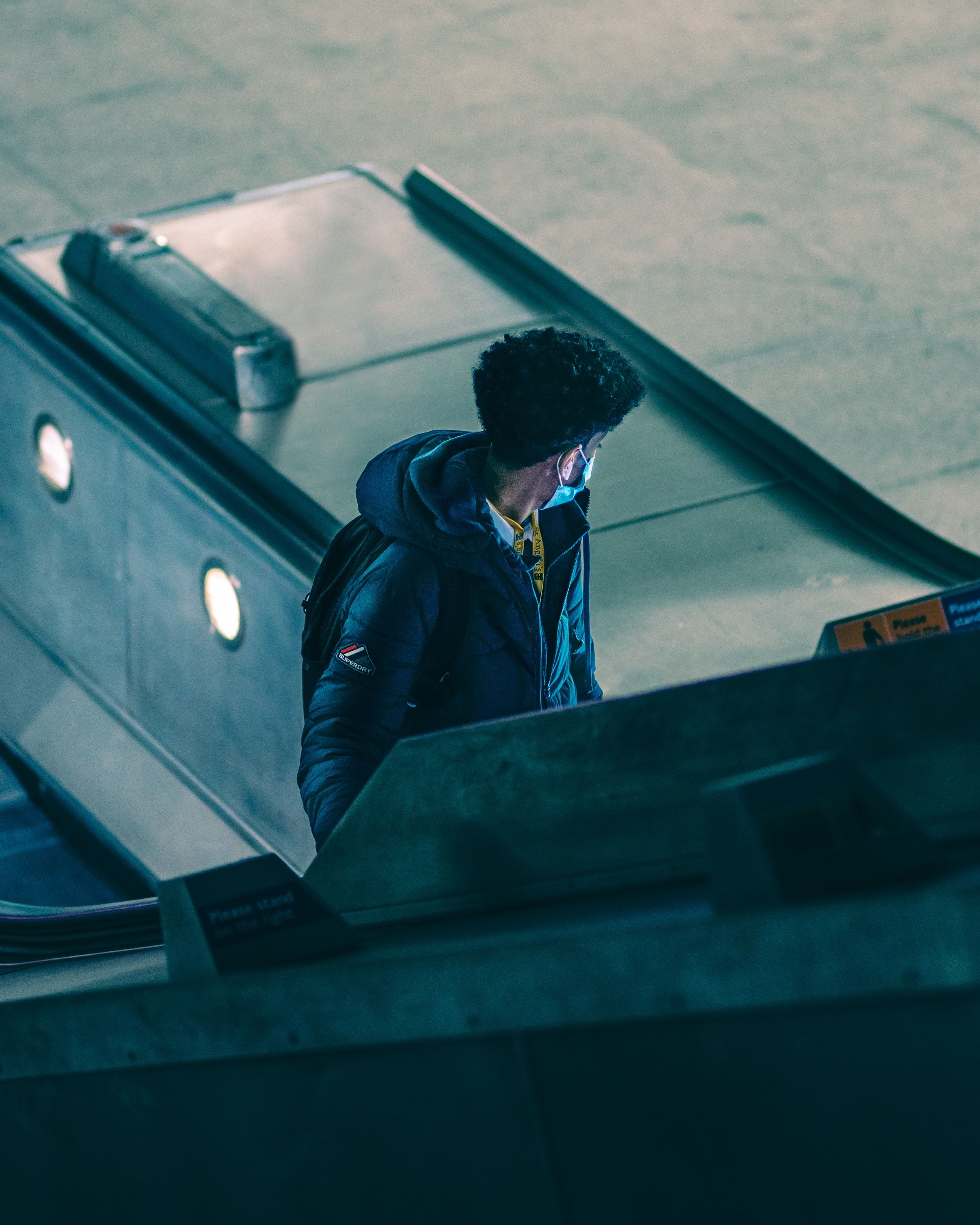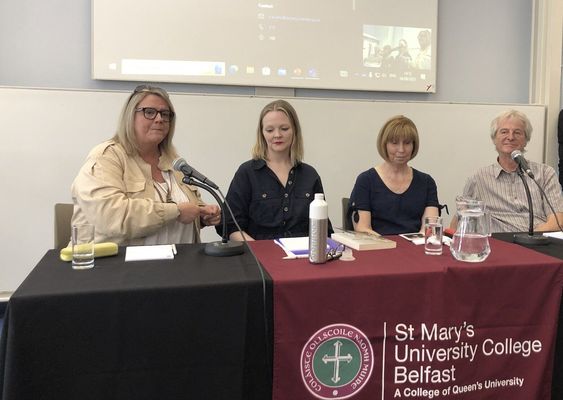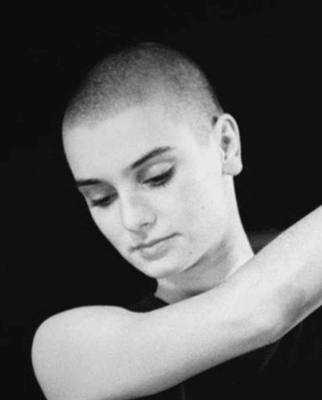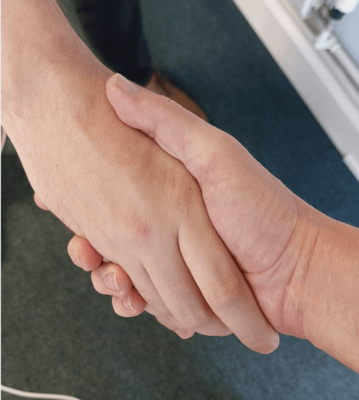I AM a fan of the Dutch priest, theologian and writer Henri Nouwen. His tender words tend to cut deep, causing me to be challenged to think and push beyond myself and my own circumstances. Nouwen wrote the following words concerning compassion:
“Compassion asks us to go where it hurts, to enter into the places of pain, to share in brokenness, fear, confusion and anguish. Compassion challenges us to cry out with those in misery, to mourn with those who are lonely, to weep with those in tears. Compassion requires us to be weak with the weak, vulnerable with the vulnerable, and powerless with the powerless. Compassion means full immersion in the condition of being human.” Aren’t these words challenging?
Nouwen clearly captured the life and ministry of Jesus; the One who reached out to the broken, sick, messed up, lonely and rejected in society. We are told in Matthew (9:36) that when Jesus saw the crowds “he was moved with compassion”. I have shared before that the foundation to my work regarding peace and reconciliation is based on a story Jesus told, centred on the question: Who is my neighbour? (Luke 10.) Jesus cuts straight to what it means to reach out to our wounded neighbour with compassion.
Building a Nation of Neighbours requires creating tables of conversation to discuss, plan and deliberate concerning healthcare, education, economy, and so on. This includes providing space for those who wish to provide the case to remain part of the United Kingdom.
Whether we have faith or not, I think we can all agree that we want to live as a Nation of Neighbours. We all want to create and live in a society where everyone is treated equal and fair. However, we must be willing (unlike the religious men in the story of the Good Samaritan) to stop crossing the road. In other words, we can no longer ignore the wounds of our neighbour.
• All of us have a part to play.
• All of us know what it is to be wounded.
• All of us know what it is to cross the road and ignore our neighbour.
• All of us know what it is to stop and help.
This week I joined Ireland’s Future team. I believe they have a vision to create a Nation of Neighbours – to look beyond where we find ourselves and explore the possibility of the reunification of Ireland; to build a better home for all of us. We are a wounded people. We know what it is to see neighbour turn against neighbour, but I believe better days are ahead. We need visionaries who not only imagine a better home, but are willing to stop crossing the road and do the hard work on actually building it.
Most of us agree that a border poll is up ahead and if we have learnt anything from Brexit it is the importance of groundwork. Building a Nation of Neighbours requires creating tables of conversation to discuss, plan and deliberate concerning healthcare, education, economy, and so on. This includes providing space for those who wish to provide the case to remain part of the United Kingdom.
To all our LGBT+ community ...you are fabulous and loved!#pride
— Rev Karen Sethuraman (@KarenSethuraman) June 4, 2021
This 👇
Thanks to my pal @nakedpastor for the fabulous picture! pic.twitter.com/5nAOwbynNO
A few weeks ago I had the opportunity to address the Joint Committee on the Implementation of the Good Friday Agreement. This provided me with the opportunity to ask for a Citizens’ Assembly; a place where people from all walks of life (North and South) can come together and discuss our future. I’m hoping the Irish Government will go ahead and set up a citizens’ assembly. We all have a part to play in building a Nation of Neighbours. As I’ve said many times, there’s room for everyone at the table.
May we all seek to build a Nation of Neighbours, and may we do so with compassion. May we build a better home for the generations coming behind us.








